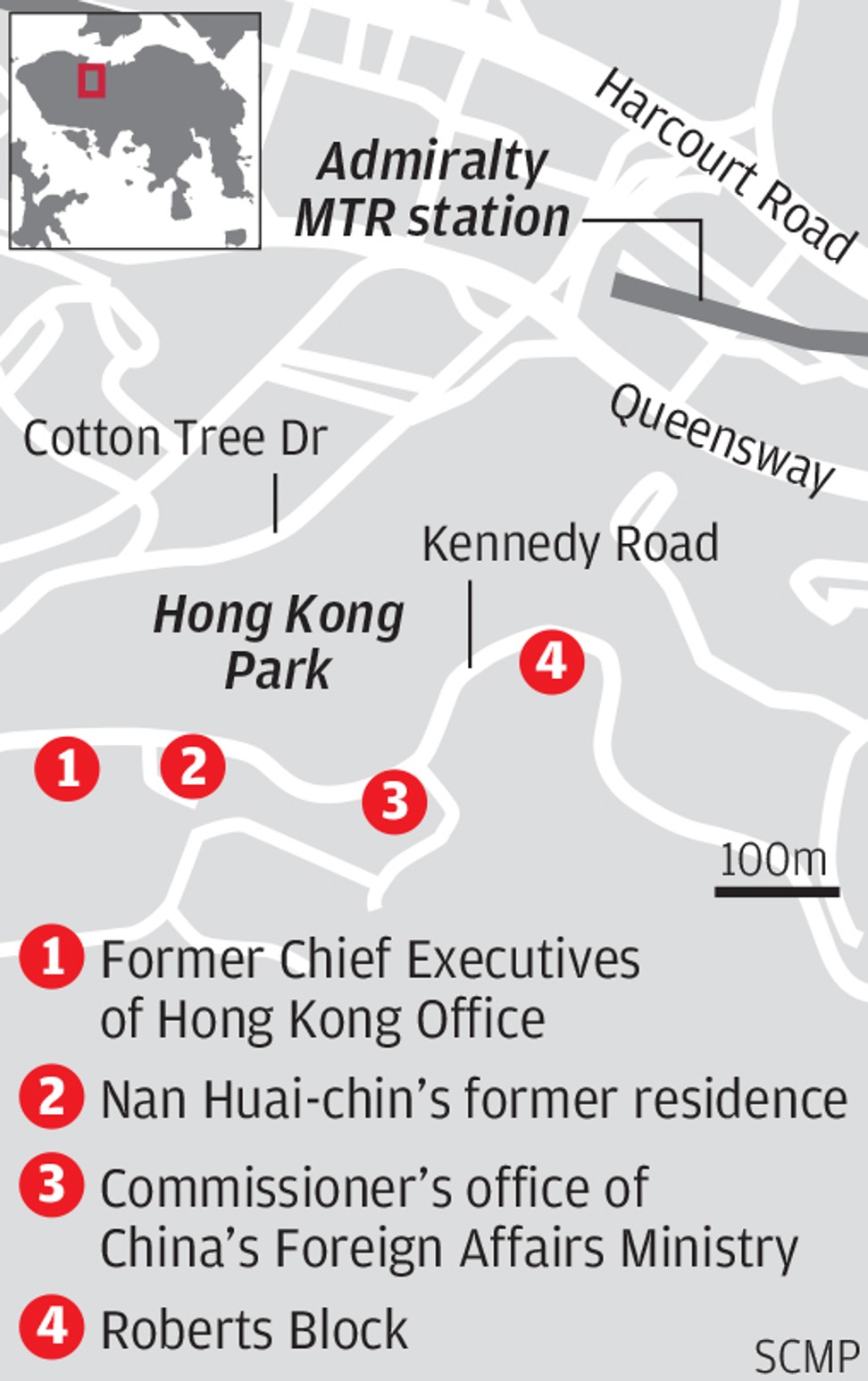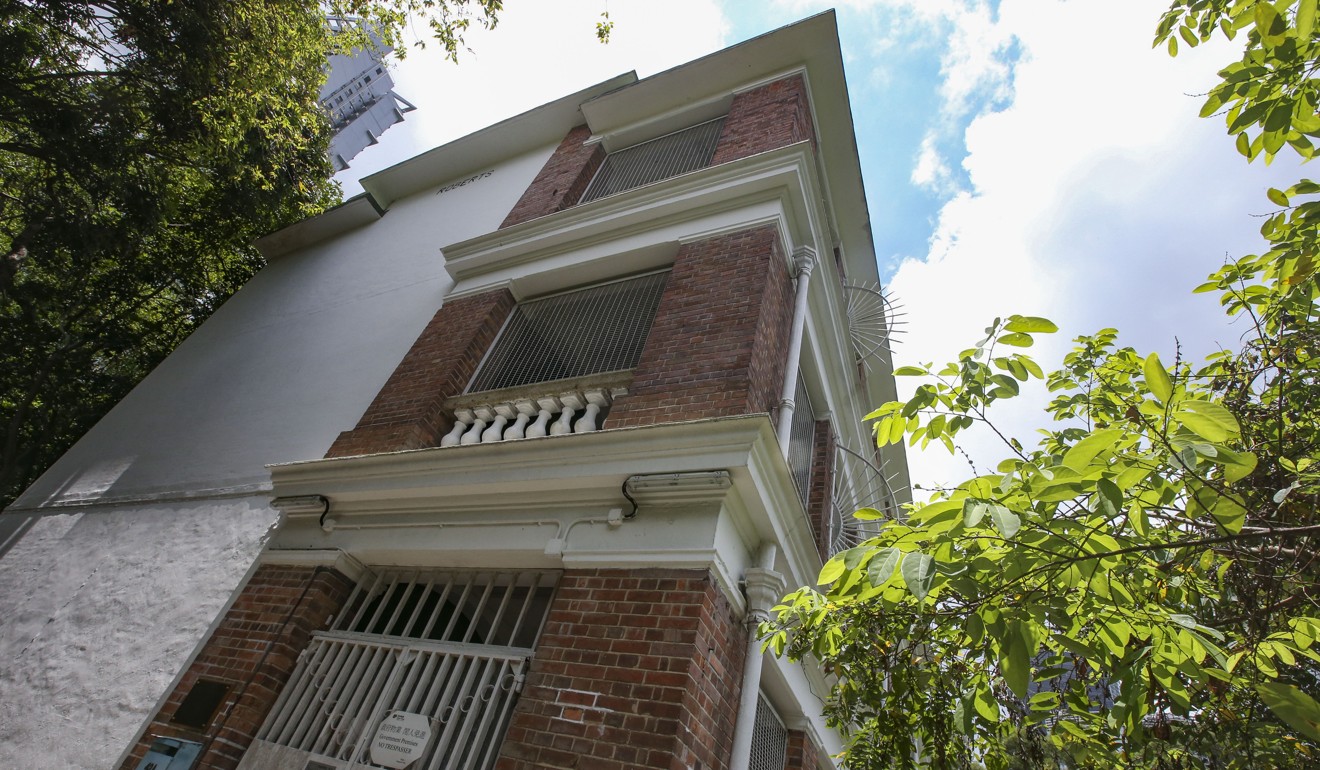
Members of Hong Kong’s elite eye historic Roberts Block for institute named after Chinese scholar Nan Huai-chin, who aided talks between Beijing and Taiwan
Nan’s flat, a stone’s throw from the grade one listed building in Mid-Levels, was site of secret exchanges on cross-strait relations between non-official representatives of Beijing and Taipei – before a meeting in October 1992 that agreed there was only one China
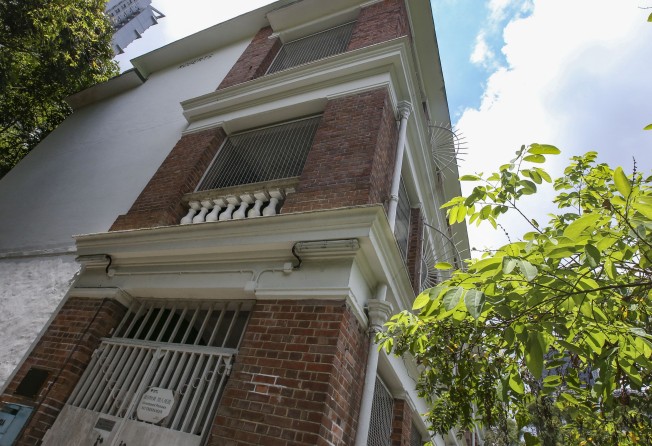
Supporters of the late Chinese scholar Nan Huai-chin, who helped broker talks between mainland China and Taiwan close to 30 years ago, have raised HK$20 million (US$2.55 million) to start an institute named after him in a historic Hong Kong building.
Nan’s supporters, comprising members of the city’s political, business and academic elite, have their hearts set on Roberts Block on Kennedy Road in Mid-Levels, which is only 450 metres – or a 10-minute walk – away from the renowned Buddhist master and author’s former residence.
Between 1988 and 2003, Nan, also known as Nan Huaijin, lived on the fourth floor of 36B Kennedy Road.

The Nan Huai Jin Culture Foundation, headed by accountant Ken Pang Ka-hang, has submitted a bid for Roberts Block through the Development Bureau’s heritage revitalisation scheme, where the government partners with non-profit-making groups to preserve old buildings and use them for social enterprises.
The bureau is set to announce successful bidders for Roberts Block, part of the remaining Old Victoria Barracks, and four other buildings, under the fifth run of the scheme by the end of next month.
“We are very confident of our bid and capabilities, and we hope the government will recognise this,” Pang said
Dr Stephen Lam Tak-sum, an honorary genetics professor at Chinese University and a supporter of the project said the foundation had secured about HK$20 million in donations from students and followers of Nan.
A tea merchant promised to donate tea leaves worth at least HK$2 million every year to the institute, as it plans to run a tea house, a cafe and some mindfulness practice courses to cover its running costs.
These costs are expected to run into the millions each year, Pang said.
But he added the institute aimed to serve as many people as possible.
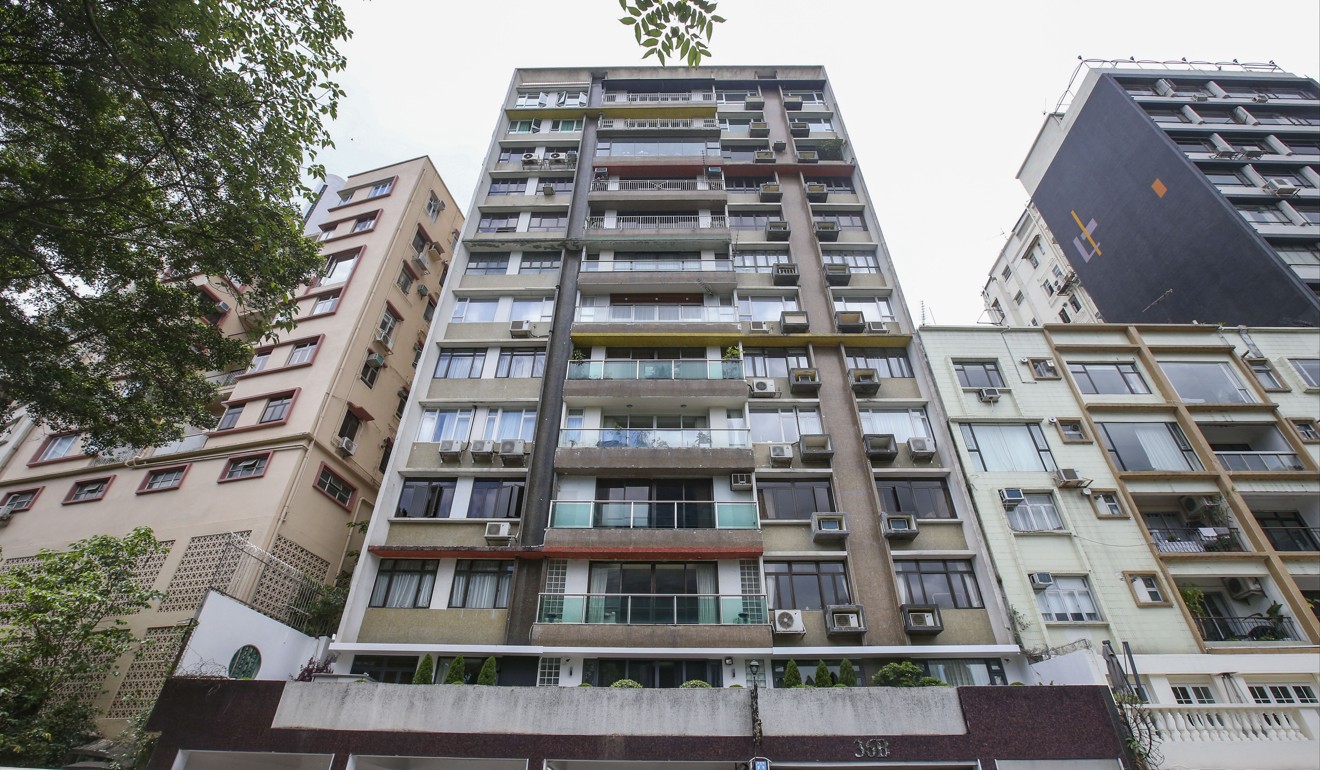
“We will charge market prices, for example, HK$160 for 90 minutes of mindfulness practice. But for those who cannot afford it, they can apply for an exemption.”
Roberts Block is a three-storey red brick building erected in the early 1900s on a 7,750 sq ft site.
In 2009, it was declared a grade one historic building in the city’s three-tier grading system and has been vacant for the past six years since a hostel for rehabilitated psychiatric patients ceased operations.
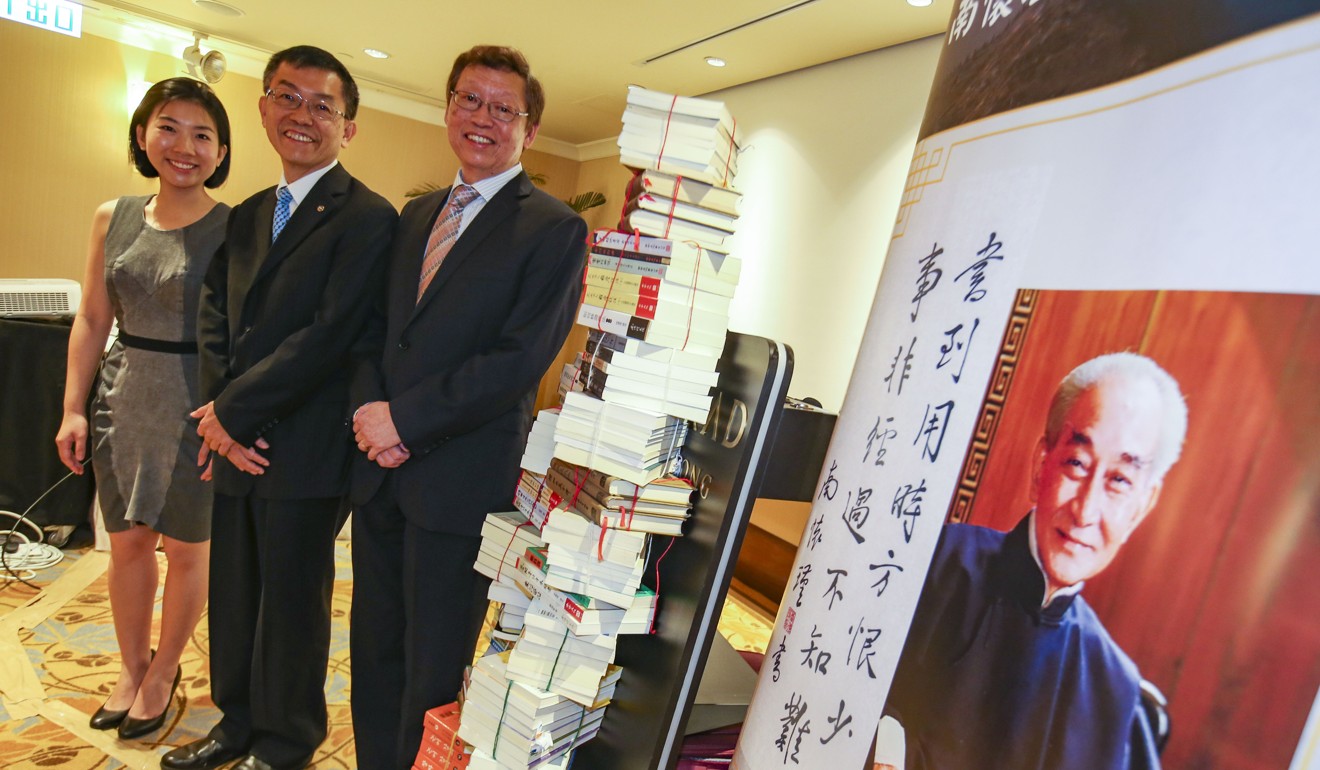
The building overlooks the lush and serene Hong Kong Park and sits between an office earmarked for Hong Kong’s former chief executives and the Chinese foreign ministry’s commissioner’s office in the city.
Nan’s flat, a stone’s throw away, was the site of secret exchanges on cross-strait relations between non-official representatives of Beijing and Taipei, before they held a meeting in October 1992 in Hong Kong, where they agreed there was only one China.
“Nowadays, few people in Hong Kong know the historic role our city played,” Pang said.
“If we can establish our institute in Roberts Block, we will definitely present this history, including photos taken during Wang Daohan’s visit to Nan’s place,” he added, referring to Beijing’s lead negotiator in a landmark cross-strait meeting in 1993.
According to Pang, China’s vice-president Wang Qishan also visited Nan’s Kennedy Road flat when he was deputy governor of Guangdong.
“[Wang] stayed for a whole night, which usually lasted from 6pm to 10pm according to Nan’s routine. He had dinner and chatted happily with Nan on various topics including ancient Chinese history,” Pang said.
Nan spent 15 years in Hong Kong. Before that, he lived in Taiwan, and after his time in the city, he returned to mainland China where he died in 2012.
The foundation has lined up 38 advisers to the institute, including Lau Ming-wai, scion of a property tycoon and deputy chairman of the government-appointed Youth Development Commission, who will be the leader of the youth affairs advisory panel; Zhou Ruijin, former chief editor of the Communist Party mouthpiece People’s Daily, as one of its mainland China-Taiwan affairs advisers; and Joseph Ting Sun-pao, former chief curator of Hong Kong’s history museum, as an academic adviser.
Supporters of the institute include Florence Hui Hiu-fai, former undersecretary for home affairs; Stephen Sui Wai-keung, former undersecretary for labour and welfare; Gabriel Leung, medical school dean of the University of Hong Kong; and Leonie Ki Man-fung, executive director of New World Development.
